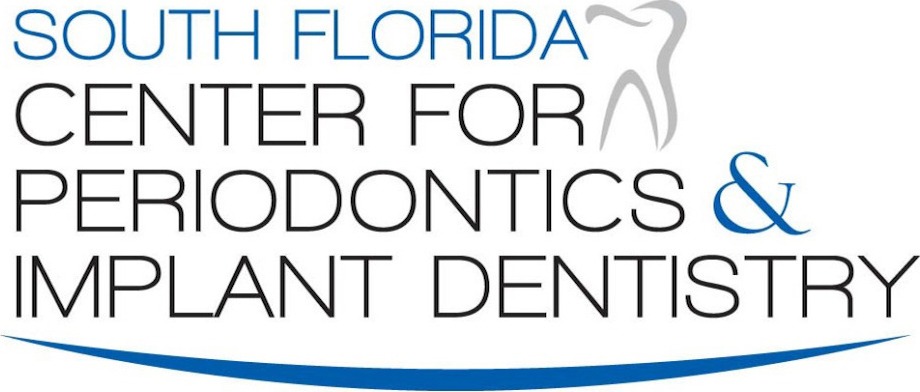The “Tooth Truth” About At-Home Dental Care
August 29th, 2022
Smoking and Periodontal Care
It’s been nearly 60 years since the U.S. Surgeon General first formally linked cigarette smoking to lung cancer. Since then, hundreds of studies continue to show other health effects, with a laundry list of cancer and health consequences that may be preventable if you don’t smoke or, hopefully, quit. Patients who smoke a pack a day or more probably present us with the biggest challenge for possible periodontal breakdown.
The rate of periodontitis (severe gum disease) is highest among smokers compared to non-or former smokers. Patients who continue to smoke may reduce healing potential or experience delayed healing. We’ll do everything in our power to try to convince you to quit and help you do so by offering tips. If you can’t or won’t, we are not going to shame you or discourage treatment. However, we are going to talk to you about the possibility of increased complications or reduced longevity of results.
Patient Compliance
Gum disease patients should understand that in the same way they see us regularly for professional cleaning, they need to be practicing good oral maintenance at home to help fight gum disease and implant infections. These two factors mean the difference between gingivitis (gum disease in its mildest form) being reversed versus gum disease turning to periodontitis (serious gum disease) which we can’t reverse, resulting in tooth loss.
More and more studies are pointing to links between severe gum disease and increased risks of heart disease, diabetes, dementia, certain cancers, autoimmune disorders and other inflammatory diseases of the brain and body. It’s clear that eliminating periodontal disease improves your doctor’s ability to manage other disorders elsewhere in your body. Remember: Your teeth and gums are connected to the rest of your body by the bloodstream and digestive tract.
What Patients Can Do
Regular visits with your periodontal hygienist mean we can remove that harmful bacteria-causing plaque. By addressing early-stage gum disease now, we can save you from more invasive, extensive and expensive treatment down the road.
Read more about our periodontal hygiene visits here and contact us to arrange a visit!
